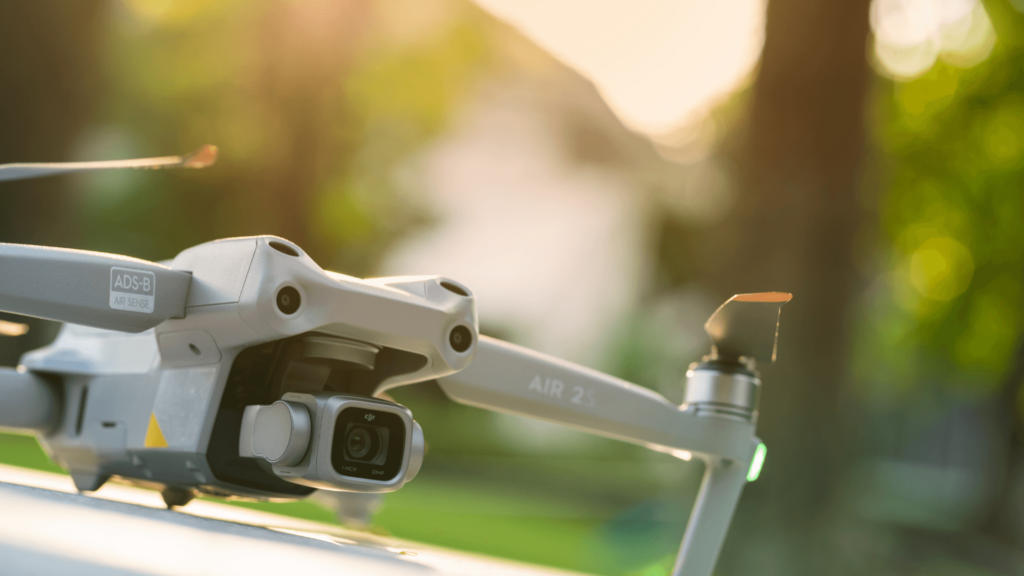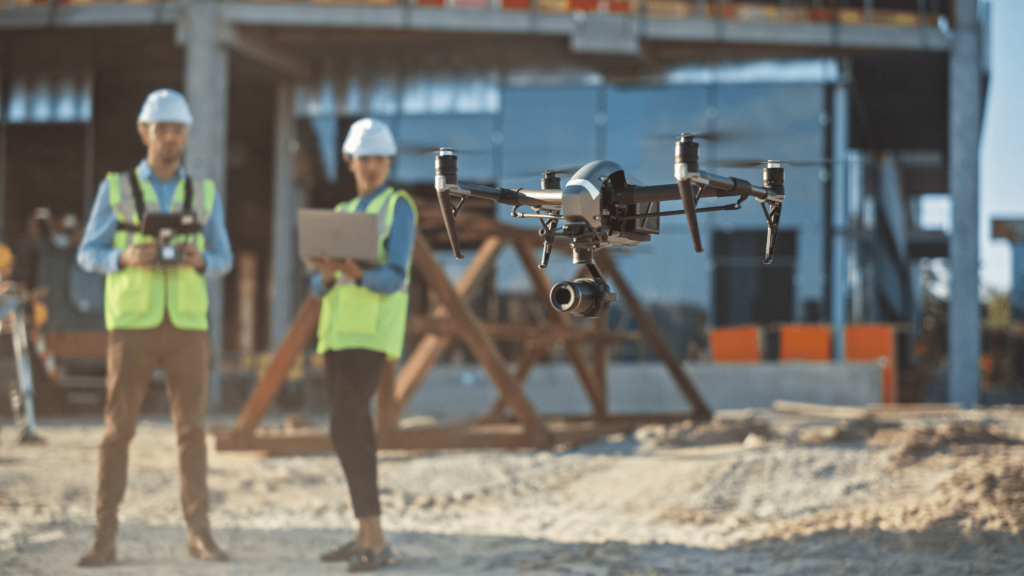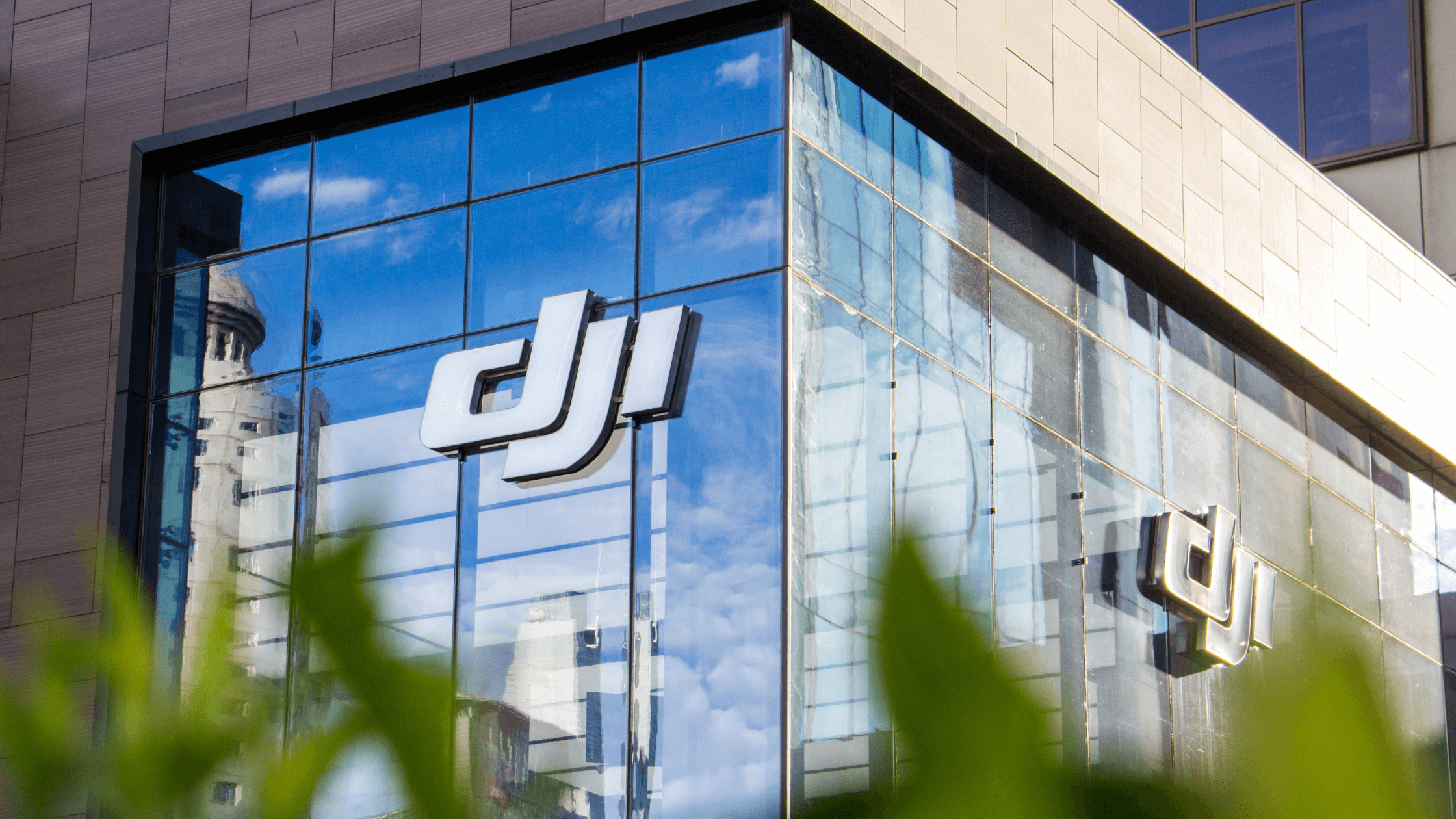The U.S. government isn’t just worried about social media—it’s also scrutinizing all Chinese-owned tech companies operating in the country. That means the recent push to ban TikTok could have a ripple effect, putting pressure on other companies like DJI, the world’s biggest drone manufacturer. With concerns over data security and national defense, lawmakers may soon turn their attention to DJI’s role in the American market.
Quick look
- The U.S. government’s crackdown on Chinese tech could extend beyond social media. DJI drones are facing increased scrutiny over data security concerns.
- DJI is already on the U.S. Entity List, and further restrictions or bans—especially on government contracts—could impact its dominance in the commercial drone market.
- U.S. drone manufacturers like Skydio and Autel Robotics are positioning themselves as secure alternatives. They could benefit from government-backed initiatives and rising security concerns.
- If U.S. restrictions tighten, allied countries may follow suit, pushing DJI to focus on other international markets while AEC professionals brace for potential supply chain disruptions.
Increased scrutiny on Chinese tech companies

U.S. officials have raised concerns about how Chinese-owned companies handle user data for years. TikTok has been in the spotlight over fears that the Chinese government could access personal data. DJI, the leader in commercial and consumer drones, has faced similar accusations, especially given its widespread use in the construction, infrastructure inspection, and law enforcement industries.
If the TikTok ban sets a precedent, DJI could be under even greater scrutiny. “The bill sets a dangerous precedent for allowing baseless allegations and xenophobic fears to drive public policy decisions that could negatively impact public safety and the U.S. economy,” said a spokesperson for DJI in a separate interview.
Lawmakers have already flagged the risks of using Chinese-made drones for sensitive applications, arguing that data collected by these drones—such as aerial mapping, project site details, or government facility inspections—could end up in the wrong hands. Even though DJI has denied these allegations, the debate is heating up, and restrictions could follow.
Restrictions and potential bans on DJI drones
The U.S. government has already made moves against DJI, and things could get even trickier. In 2020, the Department of Commerce placed DJI on its Entity List, a designation that limits American companies from selling technology to firms linked to national security concerns. While this didn’t ban DJI drones outright, it made it harder for the company to access key components and maintain business relationships in the U.S.
Some states have taken things further, banning DJI drones from government use—mainly in law enforcement and infrastructure projects—over fears that sensitive data could be compromised. If the federal government ramps up its crackdown on Chinese tech, DJI could face even stricter regulations, from limits on sales to an outright ban on government contracts.
The bigger question is whether these restrictions will spill over into the private sector. DJI currently dominates the drone market because its technology is affordable, reliable, and easy to use—a combination that competitors struggle to match. However, if the U.S. imposes new trade rules or encourages American alternatives, construction, engineering, and inspection companies may have to rethink their drone options.
Public perception and consumer behavior
Politics aside, perception plays a huge role in how businesses and consumers make purchasing decisions—and that could spell trouble for DJI. With the U.S. government ramping up scrutiny of Chinese tech, anti-China sentiment is rising. Even if DJI isn’t outright banned, lingering doubts about security risks could make some companies think twice before using its drones for critical work like monitoring construction sites, inspecting infrastructure, and surveying.
That said, DJI still dominates the drone market for a reason. Their drones are affordable, reliable, and packed with advanced tech—a tough combination. For industries like AEC, energy, and agriculture, switching to a U.S.-made alternative isn’t always easy, especially when competing models may be more expensive or lack the same capabilities.
However, if restrictions tighten and government warnings about DJI become more aggressive, the tide could shift. Large companies that rely on federal contracts or want to stay ahead of potential bans might start phasing out DJI drones in favor of U.S.-based brands. This shift could allow American manufacturers to gain a stronger foothold in the market.
Competition from U.S. drone manufacturers
Companies like Skydio, Autel Robotics, and Teal Drones have positioned themselves as secure, American-made alternatives—especially for construction, infrastructure, and public safety industries. These domestic drone makers are ready to step in if DJI loses ground in the U.S. due to new restrictions.
Skydio, for example, has already secured contracts with the U.S. military and government agencies. The company emphasizes its drones’ autonomous capabilities and secure data infrastructure. It has also marketed its drones as ideal for AEC applications such as surveying, progress tracking, and site safety monitoring.
At the same time, the U.S. government has been actively funding domestic drone production through initiatives like the National Defense Authorization Act (NDAA), which restricts federal agencies from using Chinese-made drones. This push could give American companies an edge, especially if more businesses prioritize NDAA-compliant drones for security and regulatory reasons.
However, drone manufacturers will have to compete with DJI’s price-to-performance ratio. DJI drones remain the most affordable, feature-packed options, making them hard to replace—even for businesses concerned about security. Unless American manufacturers can match or beat DJI’s cost-effectiveness, some AEC professionals may find it challenging to justify switching.
Construction and engineering firms may have to look for alternatives if federal or state bans expand to the private sector. With millions in federal funding flowing into the American drone industry, companies like Skydio and Autel are in a prime position to capitalize on shifting regulations and market demand.

Global trade and geopolitical tensions
The battle over technology isn’t just a U.S. issue—it’s playing out on the global stage. The TikTok ban is just one piece of a broader conflict between China and Western governments over data security, surveillance risks, and trade restrictions. As the world’s largest drone manufacturer, DJI is caught in the middle.
If the U.S. tightens restrictions on DJI, it could pressure its allies to follow suit. Countries like Canada, the UK, and Australia have already raised concerns about Chinese tech firms and their potential security risks. Some governments have started exploring “trusted vendor” programs to limit reliance on Chinese-made drones, particularly for public sector and infrastructure projects.
This shift could directly impact DJI’s global market share, particularly in the construction, energy, and public safety industries. If large Western markets impose bans or encourage domestic alternatives, DJI may face hurdles in expanding beyond China.
However, DJI still has a strong foothold in Europe, Asia, and Latin America, where regulations around Chinese technology are less restrictive. If U.S.-led policies make it harder for DJI to operate in North America, the company may expand into international markets—though trade policies could make that an uphill battle.
For AEC professionals, this geopolitical tug-of-war means uncertainty in drone supply chains, pricing, and long-term availability. If trade restrictions tighten, businesses relying on DJI drones may need to consider alternative brands or prepare for possible disruptions in software support and hardware availability.
Bottom line
Although the TikTok ban does not directly target DJI, it is part of a more considerable shift in how Chinese technology is viewed in the U.S. and beyond. As national security concerns grow, DJI could face tighter restrictions, increased competition from domestic drone manufacturers, and a shift in consumer trust.
For AEC professionals, this means closely monitoring how regulations evolve. If new bans or trade restrictions are imposed, companies relying on DJI drones for site inspections, progress tracking, and infrastructure assessments may need to evaluate alternative options.
At the same time, DJI is still the market leader for a reason—it offers some of the best technology at the most competitive price. Whether the company weathers the storm depends on how aggressively the U.S. government moves forward with restrictions and how DJI responds.
Want to stay ahead of the latest tech developments in AEC? Subscribe to our newsletter and follow us on social media for expert insights, industry updates, and the latest trends in construction technology.


